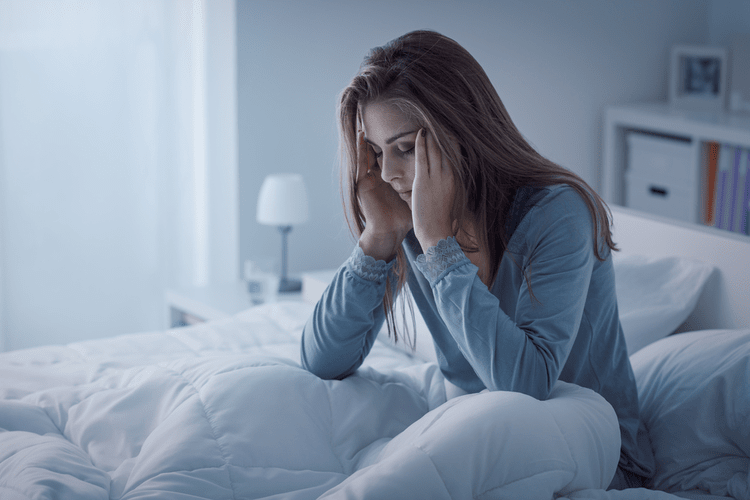AFROLET BLOG SECTION
Alcohol and insomnia: Possible risks and more
Alcohol and insomnia: Possible risks and more
By Brandon Peters, MD
Brandon Peters, MD, is a board-certified neurologist and sleep medicine specialist. Reach out to a treatment provider for free today for immediate assistance. If you think you may have a sleep problem or disorder, consider taking our brief sleep quiz to find out.
Withdrawal symptoms are a whole different world than alcohol-induced sleep problems. Because on top of sleep disturbances, you can also experience anxiety, shakiness, headaches, brain fog, and a range of other detox symptoms. You may be wondering what it is about alcohol that makes you feel sleepy, especially if you’re also experiencing adverse symptoms of insomnia. Alcohol depresses your central nervous system, which means your brain activity, breathing, and heart rate all slow down when you’re intoxicated.
Treatment For Alcohol And Insomnia
Treatment providers can connect you with programs that provide the tools to help you get and stay sober. Someone looking for treatment for their Insomnia, without taking their alcohol use into consideration, could make the problem worse. If they aren’t forthcoming insomnia after drinking about their dependency or possible addiction, then a doctor can’t prescribe proper treatment. This may mean they are given medication that should not be mixed with alcohol or are given poor treatment because they have given insufficient information.
- Using electronics like TV or smartphones before bed should also be avoided.
- Throughout the night, your brain will cycle through all of the sleep stages multiple times to give you a good night’s rest.
- Once I found the right dosage, I slept through the night without waking up to use the bathroom or settle from a nightmare for the first time in decades – something I ceased to believe was possible.
- Seeing pictures of friends partying or strolling down the uglier side of memory lane can keep you up even more at night.
Addiction to alcohol and insomnia commonly co-exist, as many who have trouble falling asleep mistakenly turn to alcohol in order to help them get rest. For example, those who are sensitive to alcohol might get a rough night of sleep after only one or two cocktails. Conversely, someone else could sleep soundly even after several shots. At any rate, a regular nighttime drinking habit will increase your odds of poor-quality sleep over time. Sleep deprivation due to alcohol consumption can exacerbate performance impairment and daytime sleepiness.
Can’t Sleep Without Alcohol? Issues With Drinking To Fall Asleep
Table 2 highlights some of the most commonly covered sleep hygiene principles. When it comes to alcohol and insomnia, many people will struggle to deal with the symptoms alone. As a lack of sleep can worsen other symptoms, it is essential to have the support of the alcohol treatment center professionals you need when decided to stop drinking. Withdrawal occurs when the body is adjusting to life without the substance.

Some people may resort to drinking alcohol as a sleep aid or agent that initiates sleep. Consuming two servings of alcohol per day for men and one serving for women can reduce sleep quality by 9.3%. There are a variety of programs available for those wishing to undergo alcohol detox. These specialists in treatment for alcohol addiction will guide users through withdrawal effects with psychotherapy, group therapy, and medication. There are some ways to provide yourself with an alcohol insomnia cure. Although none of the possible strategies may work correctly, many may help to lessen the symptoms.




